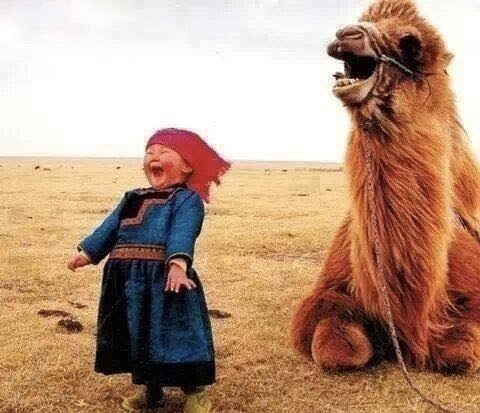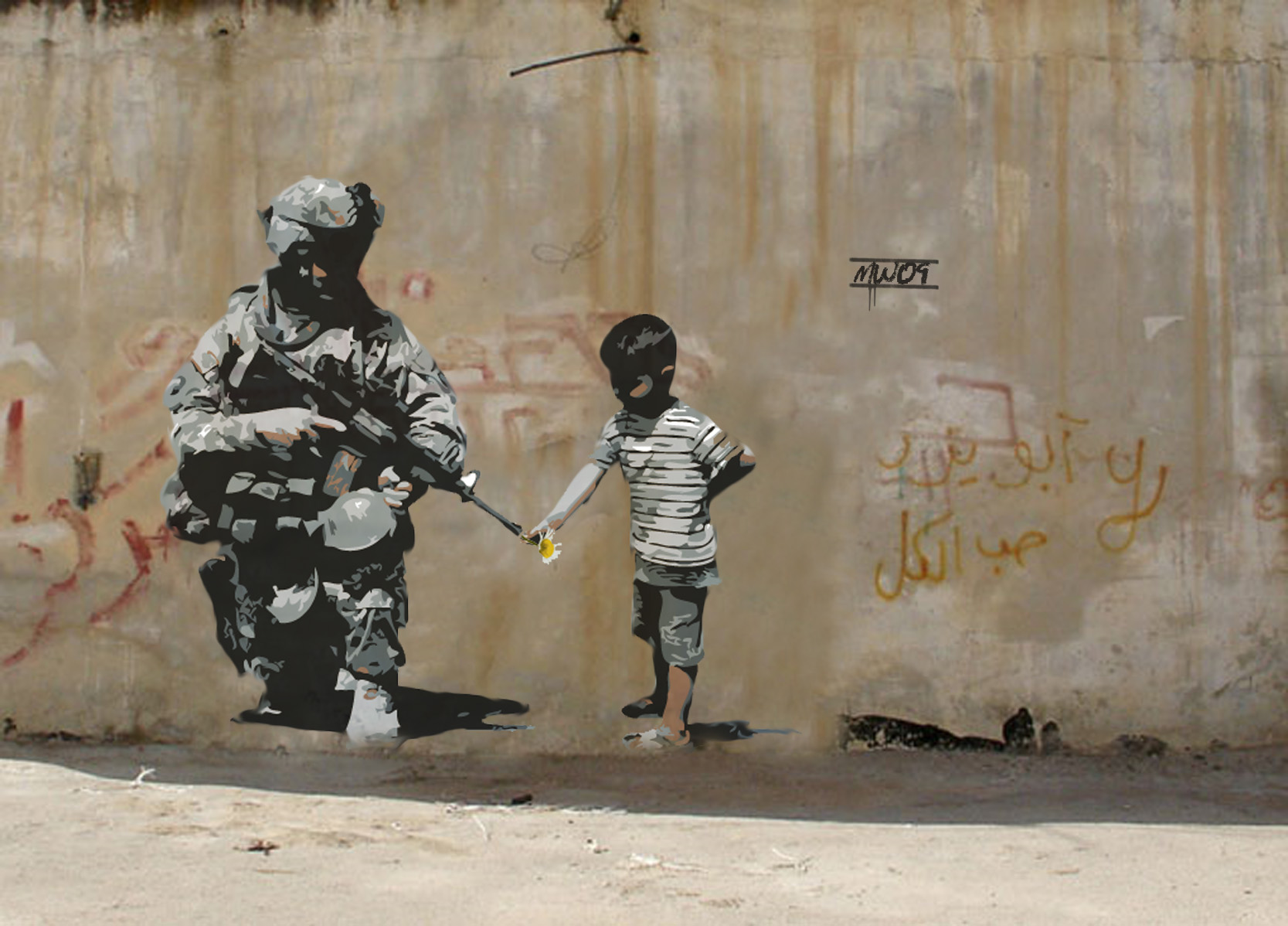
these days
down here beneath the solar sea
the tidal flow of light etching the edges
of the continents we conjugate the colors
and the distances consult the oracles
decipher shadows dream the moment
when this sunken world
will rise

these days
down here beneath the solar sea
the tidal flow of light etching the edges
of the continents we conjugate the colors
and the distances consult the oracles
decipher shadows dream the moment
when this sunken world
will rise

My heart has
become capable of every form:
It is a pasture for gazelles and a cloister
for Christian monks, a temple for idols and
the pilgrim’s Ka’ba, and the tables of
the torah and the book of
the Qur’an.
I follow
the religion of love:
whatever way love’s camels take,
that is my religion and
my faith.

I tell those around me
that if you turn away from the core,
your soul, you will fall into an unliving stupor.
The great crocodile comes and crushes your ship.
Eyes go one way, ears another; your intelligence
skews beyond reason. This disaster
can visit anyone.
When your ability
to choose comes back, your identity
will strengthen; ear and eye will realign;
and you can again be a friend,
a lover, a devotee.

The proper response
to conflict, whether it lies within or
without us, is disengagement.
Whenever we allow ourselves to be drawn off balance, away from the strength of quiet integrity, we are in conflict. It matters not whether the confrontation is between competing values in one’s own mind or with another person: it is the inner departure from clarity and equanimity that leaves us with feelings of despair and vulnerability. The only remedy is to disengage from the problem and return to quiet contemplation of what is correct.
Conflict provokes strong feelings of doubt, fear, anxiety, and impatience to resolve the situation. If you act under the influence of these inferior emotions, you will severely complicate the misfortune. By following the prescription of the Sage and returning to a position of neutrality, acceptance, and detachment, you are able to meet opposing forces halfway: not recoiling in anger and condemnation, not pressing forward for some unnatural change in things, but waiting calmly in the center until the Higher Power provides the correct solution.
The I Ching teaches us that all conflict is, in the end, inner conflict. When you see it beginning, you are obliged not to pursue it, for this only compounds your own misfortune. If you cannot regain your equanimity on your own, then seek the assistance of a just and impartial person in resolving the difficulty. The only way to live free of conflict is to hold steadfastly to proper principles in all things. Through balance, patience, and devotion to inner truth we rise above every challenge.
The I Ching, or Book of Changes
ebooks & apps of the Tao the Ching, I Ching,
Wei wu Wei Ching, Hua hu Ching, and
Art of War for iPad/Phone, Kindle,
You
can now buy
the I Ching as part of a
five-app bundle of Taoist classics
for iPhone or iPad for less than
the cost of one hardcover
book.


Try
to praise
the mutilated world.
Remember June’s long days,
and wild strawberries, drops of rosé wine.
The nettles that methodically overgrow
the abandoned homesteads
of exiles.
You
must praise
the mutilated world.
You watched the stylish yachts
and ships; one of them had a long trip
ahead of it, while salty oblivion awaited others.
You’ve seen the refugees going nowhere,
you’ve heard the executioners
sing joyfully.
You
should praise
the mutilated world.
Remember the moments when
we were together in a white room and
the curtain fluttered. Return in thought to
the concert where music flared. You
gathered acorns in the park in
autumn and leaves eddied
over the earth’s
scars.
Praise
the mutilated world
and the gray feather a thrush lost,
and the gentle light that strays
and vanishes and
returns.